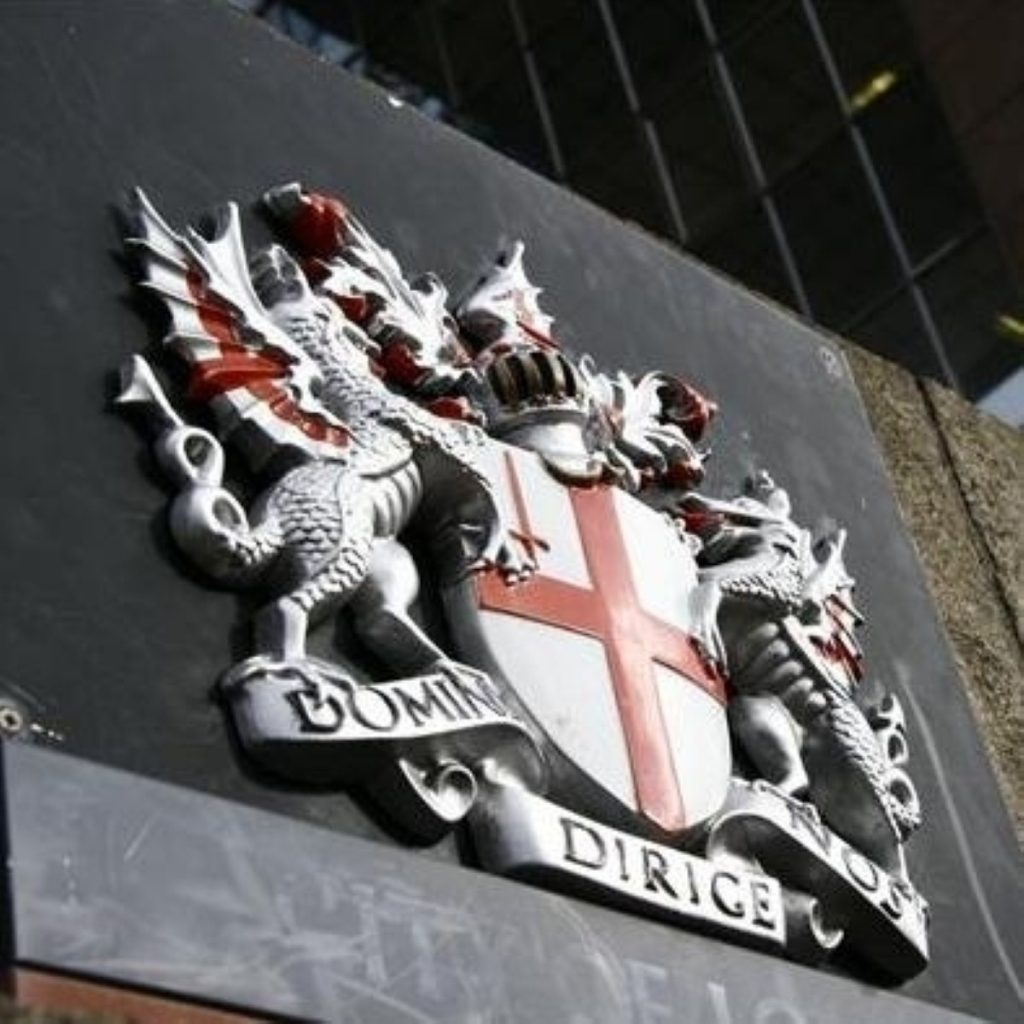City digs in against banking reforms
By Alex Stevenson Follow @alex__stevenson
Pro-business campaigners are ratcheting up pressure against the coalition as the unveiling of banking reforms nears.
John Cridland, head of the Confederation of British Industry, said that imposing a major shake-up on the City at a time of economic uncertainty was "barking mad".
His comments were backed up by Angela Knight, chief executive of the British Banking Association (BBA), who warned that "now is not the time" for major change.
Sir John Vickers, the chairman of the Independent Commission on Banking (ICB), is preparing to publish his report early next month.
The proposals are expected to include plans to split banks' retail and investment arms – although it is not yet clear whether these may be deferred for some years.
"Taking action at this moment – this moment of growth peril, which weakens the ability of banks in Britain to provide the finance that businesses need to grow – is just to me barking mad," Mr Cridland told the Financial Times newspaper.
He admitted suspecting that ministers were acting firmly against the banking sector for "political reasons" and warned that the end result could be an own goal.
"We don't want to force some of our remaining world class British companies to shift away from a focus on the UK because the rules have been set unilaterally in the UK," Mr Cridland added.
"There's an own goal here about to be scored if we get this wrong."
Many senior bankers believe that breaking up the banks, separating the activities of high-street banking operations and investment banking to lessen the potential impact of any future crisis in the sector, could have negative unintended consequences.
Some analysts believe that breaking up the banks could increase the likelihood of a run on the banks if another crisis occurs and that this could force banks to take precautionary deleveraging action, which would cut off lending to the real economy in times of crisis.
Ms Knight said Britain faced a "very difficult autumn" which would only be made worse by news of long-term reform of the banking sector.
"We have a high degree of uncertainty, market turbulence and lack of confidence that governments in other countries have got a sufficient grip on their economies," she commented.
"This is therefore the time to concentrate on economic recovery and paying back… the government and taxpayers.
"By all means think about new regulation but now is not the time to add that as an overlay with respect to costs, uncertainty or whether it is going to do anything beneficial anyway."





-01.png)